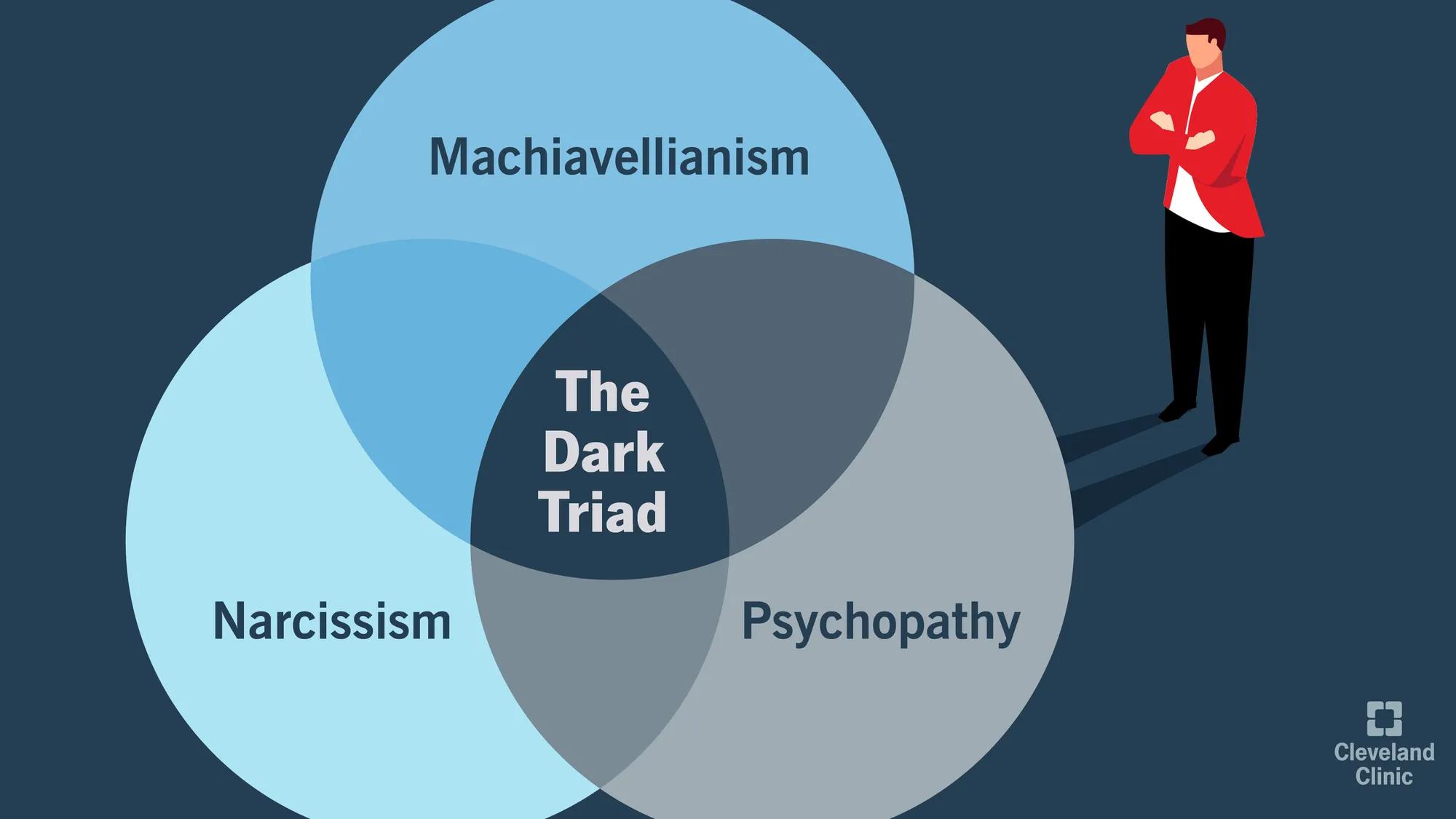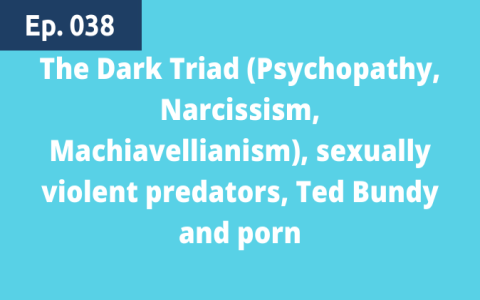Okay so today I started digging into this thing online called the Dark Triad test. You see it popping up sometimes, people talking about narcissism, Machiavellianism, psychopathy – you know, the nasty trio. Honestly, I was kinda curious what the big deal was. Figured I should understand it myself before I see anyone else throwing the terms around.
First thing I did was just search for “dark triad test.” Tons of links pop up. Chose one that looked halfway decent, not some shady quiz site. Started clicking through the questions. Felt weird, man. Stuff like “I tend to manipulate others to get my way” or “I know I’m special because everyone keeps telling me so.” Rating from “strongly disagree” to “strongly agree.” You gotta be brutally honest with yourself, which is… uncomfortable.
My Gut Feeling Taking the Test
- Stage 1: Confidence Boost? Some questions about leadership, charisma. Yeah, maybe I feel that sometimes. Who doesn’t wanna feel successful?
- Stage 2: The Squirm Factor: Then it hits harder. Questions about lacking empathy, enjoying schadenfreude. Made me pause. Like, “Wait, do I ever feel that?” Gotta really think hard.
- Stage 3: Just Plain Uncomfortable: Straight-up asking about exploiting others, not caring about hurting feelings. This is where you start questioning your own soul a little bit. Seriously heavy stuff.
Got my results. Apparently, I’m pretty low across the board – phew! But the explanations showed me why this test matters. It’s not just labels. High scorers? They can be charming as hell upfront, real smooth talkers. But underneath? Often selfish, lack real remorse, and see people as tools. That realization hit me: the danger isn’t just in the traits, it’s in how well they can hide them.

So then I started researching how to spot this stuff in real life. Not to diagnose everyone, but to protect myself from potential wolves in sheep’s clothing. Here’s what stood out:
What I Learned About Spotting the Signs
- Listen for the “I, Me, Mine”: Pay attention if someone constantly steers conversations back to themselves, their achievements, their problems. Like, every single time.
- Watch the Charm Offensive: Be wary of excessive flattery or attention showered on you super early on. Feels good, right? But why so fast?
- Check for Remorse (the Lack Thereof): Notice what happens if they mess up or hurt someone (even accidentally). Do they genuinely apologize, or do they dodge, blame, make excuses, or just brush it off like nothing?
- See How They Treat “Unimportant” People: HUGE red flag. Watch how they interact with waitstaff, customer service, anyone they perceive as “below” them. The mask often slips here first. Rude, dismissive, entitled? Bad sign.
- Pressure Tactics: Do they push for quick commitments? Make you feel guilty or stupid if you don’t do what they want? Yeah, that’s manipulation 101.
Digging into all this gave me serious respect for how subtle these traits can be in the real world. You gotta look past the surface. The charming executive, the super-confident influencer, the smooth-talking salesperson… any of them could be cruising high on the Dark Triad scale.
So yeah, I took the test. It was uncomfortable. I learned why it’s dangerous – it’s not about the scary names, it’s about the real harm people with these dominant traits can cause, often while smiling to your face. And most importantly, I learned what to actually look for in people’s actions and words. Not gonna lie, it makes you look at interactions a bit differently now. Gotta stay sharp, but not paranoid. Knowledge is power, right?

